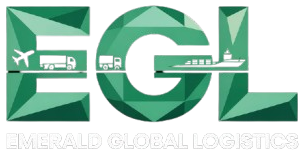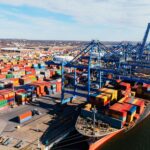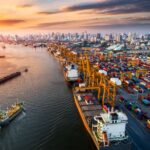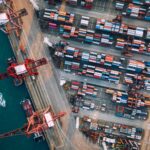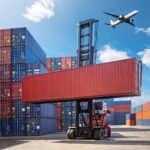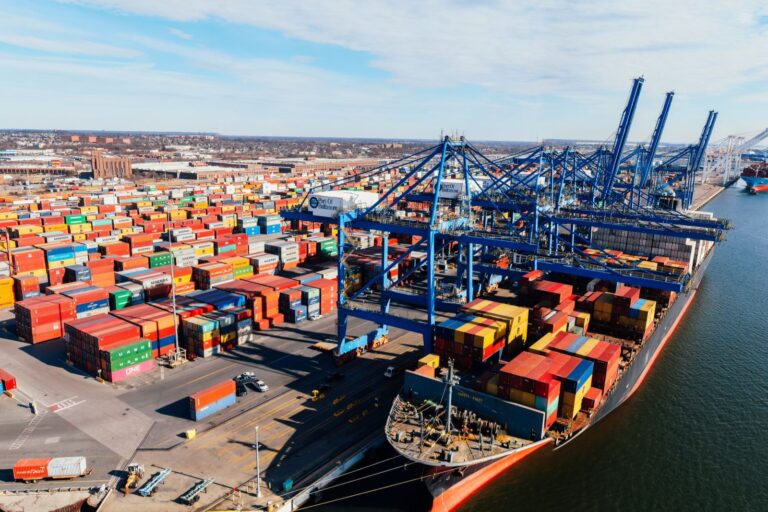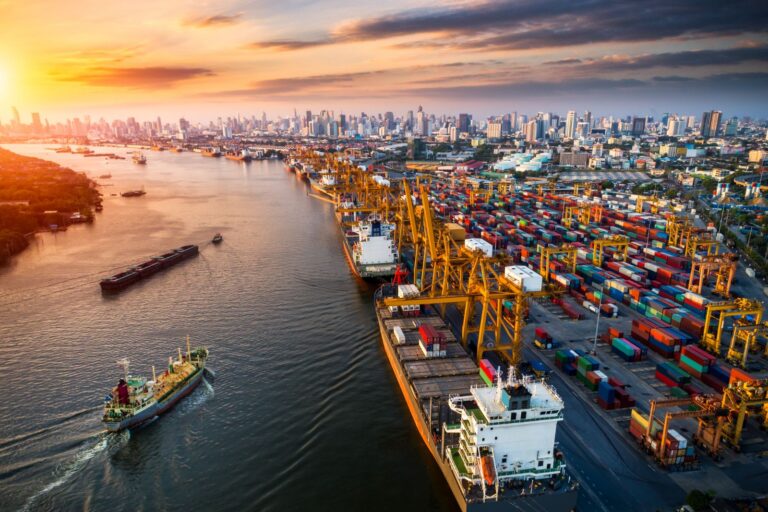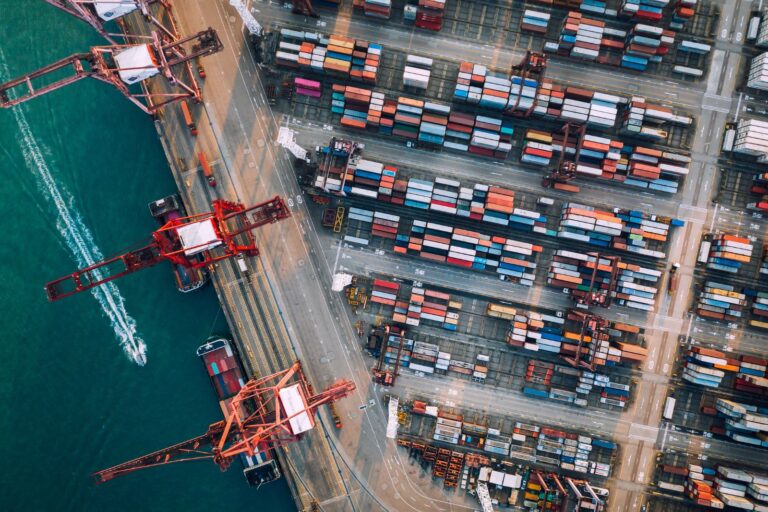In today’s fast-paced world, the food and beverage industry faces unique challenges when it comes to logistics. From maintaining product freshness to managing strict compliance requirements, businesses cannot afford disruptions in their supply chains. Any delay, mishandling, or temperature variation can lead to wasted products, unhappy customers, and financial loss.
This is where food beverage logistics becomes essential. A well-structured logistics strategy ensures timely delivery, proper storage, and quality assurance across every stage of the supply chain. Companies like EGL – Emerald Global Logistics play a vital role in providing tailored solutions that help businesses meet customer demands while staying compliant with industry standards.
In this article, we’ll break down the benefits, processes, and best practices of food and beverage logistics, offering insights that can help businesses streamline their operations.
Why Food Beverage Logistics Matters
Food and beverage logistics isn’t just about moving goods from one place to another. It’s about ensuring safety, efficiency, and consistency.
Key Importance of Food Beverage Logistics:
- Product Safety: Protects perishable items through temperature-controlled solutions.
- Regulatory Compliance: Meets strict health and safety requirements.
- Customer Satisfaction: Ensures timely deliveries with high-quality products.
- Cost Efficiency: Reduces waste, spoilage, and operational inefficiencies.
Without a strong logistics system, even the best food and beverage products risk losing their value before reaching the customer.
How Food and Beverage Logistics Works
To understand logistics in this sector, let’s break it down step by step.
1. Transportation
Specialised vehicles with refrigeration systems are used to transport perishable items safely.
2. Warehousing
Temperature-controlled warehouses ensure storage compliance with shelf-life requirements.
3. Inventory Management
Smart systems track expiry dates and manage stock rotation effectively.
4. Distribution
Efficient route planning ensures on-time deliveries while minimising costs.
5. Quality Control
Monitoring at every stage ensures the product remains fresh and safe.
At EGL – Emerald Global Logistics, advanced supply chain strategies are designed to cover each of these steps, making the process seamless for businesses.
Benefits of Food Beverage Logistics
- Extended Shelf Life through proper handling.
- Reduced Spoilage by using cold-chain technology.
- Scalability to support seasonal demand spikes.
- Greater Transparency with real-time tracking systems.
- Sustainability through optimised transport and reduced waste.
Costs and Pricing Insights
The cost of food and beverage logistics depends on several factors:
- Type of product (perishable vs. non-perishable).
- Distance and delivery speed.
- Storage requirements (ambient, chilled, or frozen).
- Compliance and packaging needs.
While costs may vary, investing in reliable logistics prevents losses caused by spoiled goods, making it a long-term cost-saving solution.
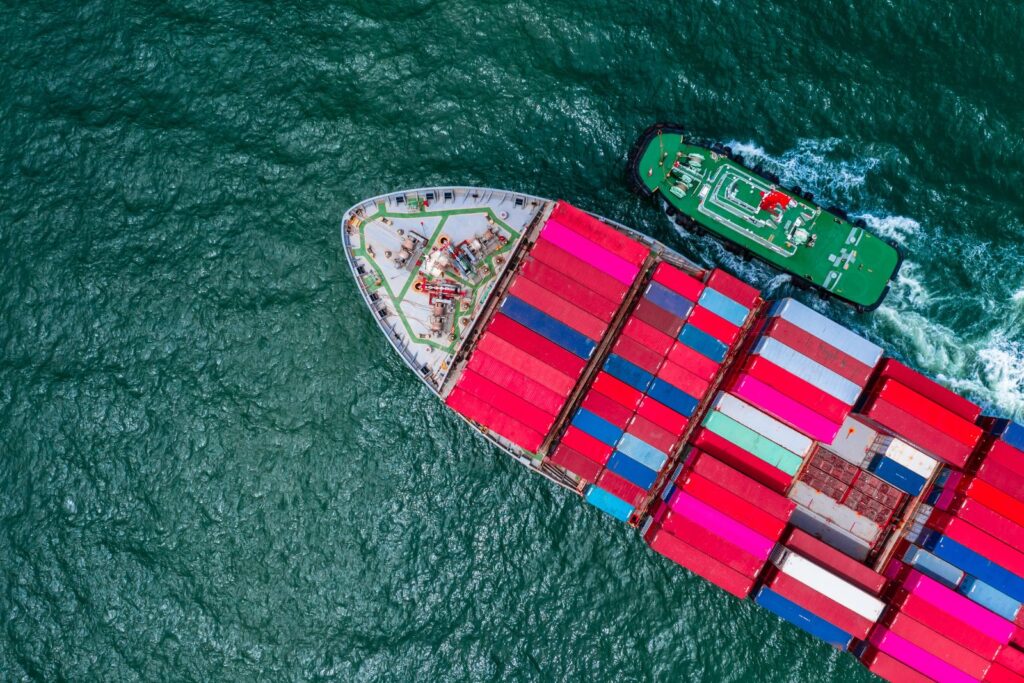
Best Practices in Food and Beverage Logistics
To ensure success, businesses should follow these proven strategies:
- Use Cold-Chain Solutions – Maintain consistent temperatures during storage and transport.
- Implement Real-Time Tracking – Improve visibility across the supply chain.
- Partner with Experts – Work with logistics providers experienced in food and beverage management.
- Adopt FIFO (First-In-First-Out) – Prevent expired stock from going to waste.
- Plan for Seasonal Peaks – Prepare for increased demand periods like holidays.
Common Mistakes to Avoid
- Ignoring regulatory compliance.
- Overlooking warehouse temperature requirements.
- Poor route planning leading to delays.
- Lack of tracking and monitoring systems.
- Working with general logistics providers instead of food and beverage specialists.
Use Cases and Examples
- Restaurants and Cafés: Require daily supply of fresh produce.
- Supermarkets: Need bulk logistics for packaged goods and perishables.
- Exporters and Importers: Depend on reliable logistics for international shipping.
- E-commerce Food Retailers: Require last-mile delivery solutions with freshness assurance.
At EGL – Emerald Global Logistics, businesses across Australia rely on customised solutions to meet their specific supply chain needs.
FAQs on Food Beverage Logistics
1. What is food beverage logistics?
It refers to managing the transportation, storage, and distribution of food and beverage products while maintaining safety and quality.
2. Why is temperature control important in logistics?
It ensures perishable products remain fresh and safe for consumption.
3. How can businesses reduce logistics costs?
By optimising routes, using advanced tracking systems, and working with expert logistics partners.
4. Does EGL provide international food and beverage logistics?
Yes, EGL offers both domestic and international logistics solutions tailored to business needs.
5. What industries benefit from food and beverage logistics?
Retail, hospitality, food manufacturing, and e-commerce businesses rely heavily on logistics services.
Conclusion
The food and beverage industry depends on specialised logistics solutions to keep products fresh, safe, and delivered on time. From cold-chain transport to inventory management, every step in the process plays a critical role in customer satisfaction and business growth.
If you’re ready to streamline your operations, partner with experts who understand the unique challenges of the sector. At EGL – Emerald Global Logistics, we provide end-to-end logistics solutions tailored to the needs of food and beverage businesses across Australia.
👉 Contact us today to learn how we can help your business achieve efficient and reliable supply chain success.
